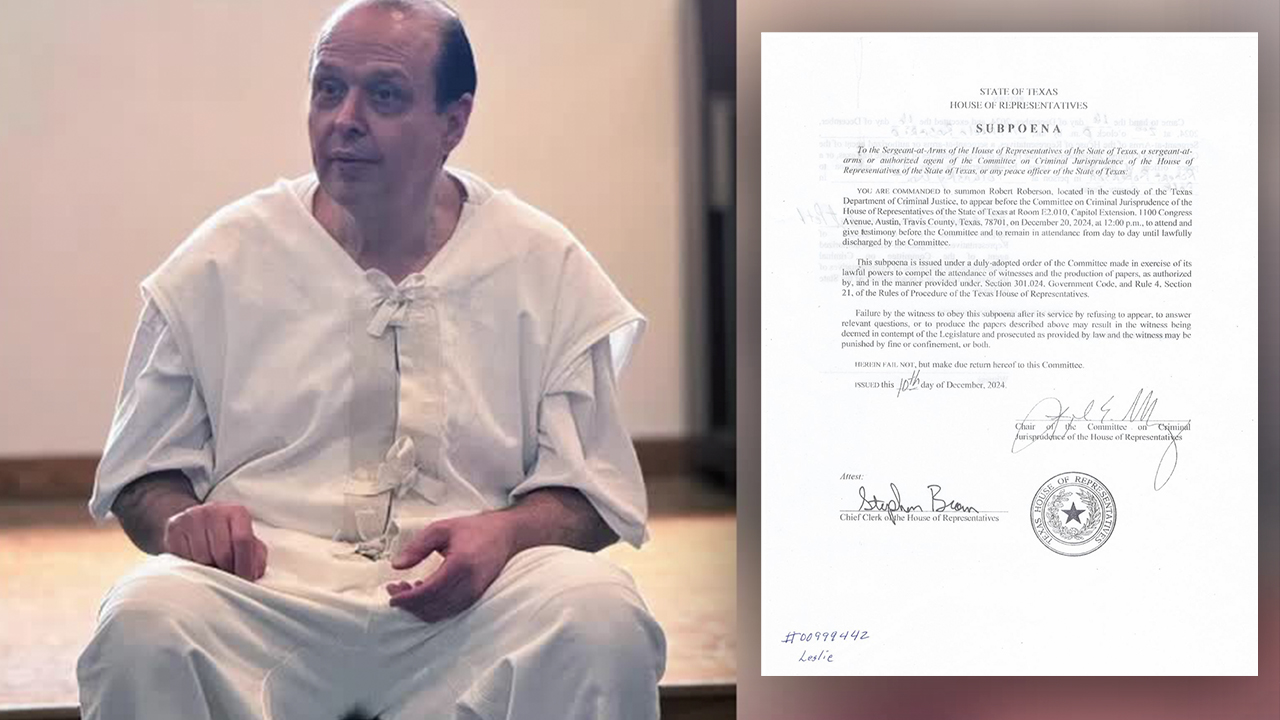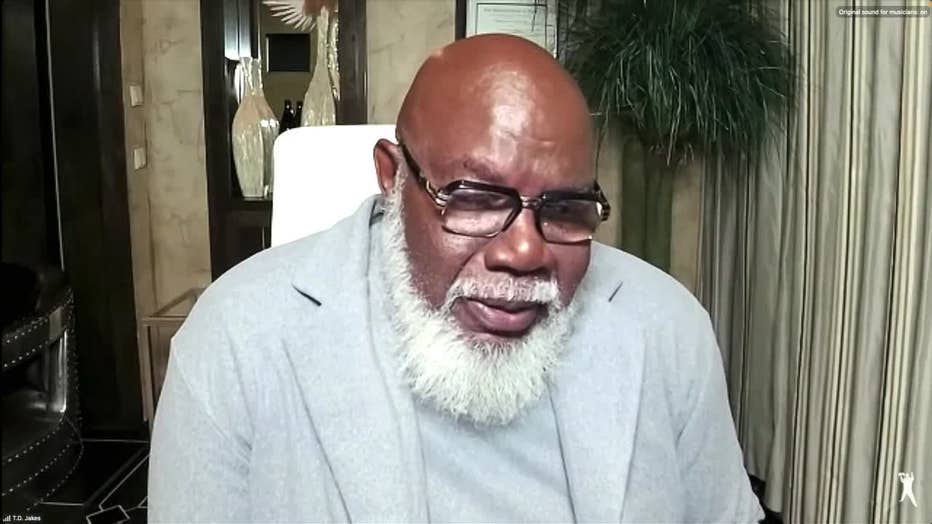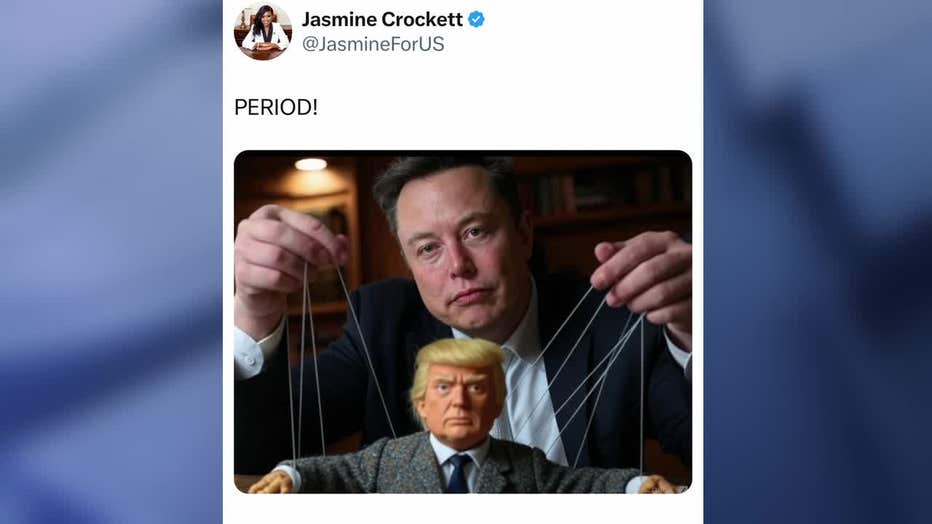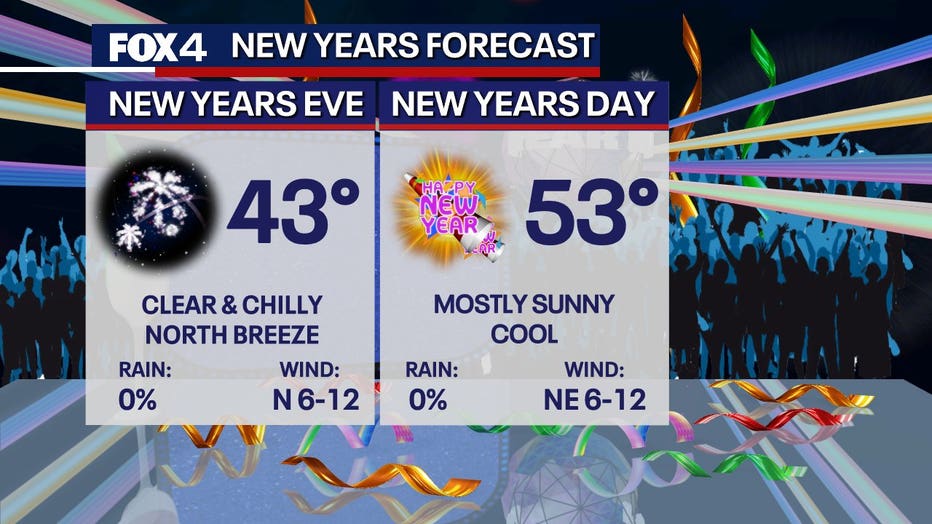Legislators in Texas are being criticized by Texas Attorney General Ken Paxton for postponing the execution of a father who was found guilty of killing his 2-year-old daughter and attempting to refute allegations that his sentence was based on “junk science.”
-
-
Texas death row inmate Robert Roberson was subpoenaed to testify at a committee hearing on Friday.
-
Lawmakers want to hear testimony from Roberson on Texas’ “junk science” law.
-
Roberson was convicted of murdering his daughter after medical professionals say she experienced “shaken baby syndrome.”
-
Roberson would be the first person in the US executed for a murder conviction tied to the diagnosis of shaken baby syndrome.
-
-
Texas death row inmate Robert Roberson was subpoenaed to testify at a committee hearing on Friday.
-
Lawmakers want to hear testimony from Roberson on Texas’ “junk science” law.
-
Roberson was convicted of murdering his daughter after medical professionals say she experienced “shaken baby syndrome.”
-
Roberson would be the first person in the US executed for a murder conviction tied to the diagnosis of shaken baby syndrome.
Robert Roberson, a death row inmate, has been subpoenaed by the Austin-Texas House committee to discuss his case and the possible “junk science” that his supporters claim was used to convict him.
The hearing is scheduled for Friday, December 20 at noon.
The day before Roberson’s October execution date, the same committee issued a subpoena. Roberson’s execution was initially postponed by the Texas Supreme Court in order to consider the committee’s plea.
Roberson, Robert
Roberson’s murder conviction linked to the shaken baby syndrome diagnosis would make him the first person executed in the United States.
Robert Roberson Subpoenaed
Robert Roberson, a death row inmate, is set to testify before a bipartisan Texas House committee once more.
What we know Roberson was subpoenaed by the House Committee on Criminal Jurisprudence to attend a hearing in the Texas Capitol on Friday, December 20 at noon.
Reps. Jeff Leach (R-Plano) and Joe Moody (D-El Paso), the chairs of the committee, think Roberson’s testimony will help clarify the state’s “junk science” law.
Texas passed the junk science law in 2013. The civil rights organization Texas Defender Service reported that the law has not overturned the sentence of any person awaiting execution.
“[Roberson’s] perspective will be especially valuable as a person on the autism spectrum whose neurodivergence profoundly influenced both his case and his access to justice on appeal, including through writs,” Moody and Leach said in a statement.
What we don’t know: It’s uncertain if Roberson will show up in Austin.
Roberson would need permission from the Texas Department of Criminal Justice to attend the committee hearing.
As long as a subpoena does not prevent an execution that is certain to occur, the Texas Supreme Court’s November ruling stated that the committee should be permitted to hear his evidence.
The attorney general’s office resisted attempts to get Roberson to the Capitol building, so he did not show up for a House committee meeting in October.
The State Supreme Court was informed by the Office of the Attorney General that doing so would raise logistical and security issues.
Robert Roberson Murder Conviction
The Supreme Court decided that legislators cannot use a legislative subpoena to halt executions. The ruling permits Roberson, who was found guilty of murder in a 2002 shaken baby case, to be put to death.
The Backstory: In 2002, Robertson, then 58, was found guilty of the murder of his 2-year-old daughter in Palestine, Texas.
He brought her to the ER because she had a high fever, and the doctors there concluded that she had shaken infant syndrome.
That diagnosis has been contested by Roberson’s lawyers, who have referred to it as “junk science.”
According to them, Nikki passed away naturally, most likely from unidentified pneumonia.
The chief investigator in the case and a group of senators have contended that the science underlying Roberson’s death sentence is flawed.
The day before Roberson’s scheduled execution on October 17, the committee subpoenaed the death row convict to testify at a hearing regarding his case. In order to consider the committee’s request, the Supreme Court postponed the execution that evening.
Subsequently, the Supreme Court decided that a subpoena could force a witness to testify if there was no imminent execution, but it could not stop a future execution.
Lawmakers have come under fire from some of the 2-year-old’s family members for postponing Roberson’s execution.
A man on death row who was set to testify before members of the Texas Legislature on Monday afternoon did not do so after all. Dr. Phil and author John Grisham testified, as well as a former juror in the trial.
The case has garnered national attention, with hearings including testimony from Dr. Phil and author John Grisham.
What happens now?
What’s Next:Roberson is still on death row and an execution date has not been rescheduled at this time.
The Anderson County District Attorney would now have to get a new death warrant, an execution would happen no earlier than 90 days after that date.
Neither the courts nor Texas Governor Greg Abbott have intervened on Roberson’s behalf.
Abbott could still grant clemency in the case, or a 30-day reprieve.
Texas’ Junk Science Law
Dig Deeper:Texas passed its “junk science” law in 2013.
The law allows a person convicted of a crime to seek relief if the evidence used against them is no longer credible.
Texas’ junk science law was the first of its kind in 2013. Legal experts called it a model for states across the country.
California, Connecticut, Michigan, Nevada and Wyoming have similar “junk science” statutes, but it has not been studied how successful they are at overturning death penalty convictions.
You can read the law as it was passed in 2013 here:
By the numbers:No one facing execution has had their sentence overturned since the junk science law was enacted in 2013, according to a report by civil rights group Texas Defender Service.
In the last 10 years, 74 applications have been filed and ruled on under the junk science law. A third of applications were submitted by people facing the death penalty. All of them were unsuccessful.
Of the applications that led to relief, nearly three-quarters were for convictions related to DNA evidence despite making up less than half of all applications.
-
Information in this article comes from the House Committee on Criminal Jurisprudence, the Texas Supreme Court, the Texas Code of Criminal Procedure, past FOX coverage of the case and the Associated Press.
Information in this article comes from the House Committee on Criminal Jurisprudence, the Texas Supreme Court, the Texas Code of Criminal Procedure, past FOX coverage of the case and the Associated Press.
Note: Every piece of content is rigorously reviewed by our team of experienced writers and editors to ensure its accuracy. Our writers use credible sources and adhere to strict fact-checking protocols to verify all claims and data before publication. If an error is identified, we promptly correct it and strive for transparency in all updates, feel free to reach out to us via email. We appreciate your trust and support!



